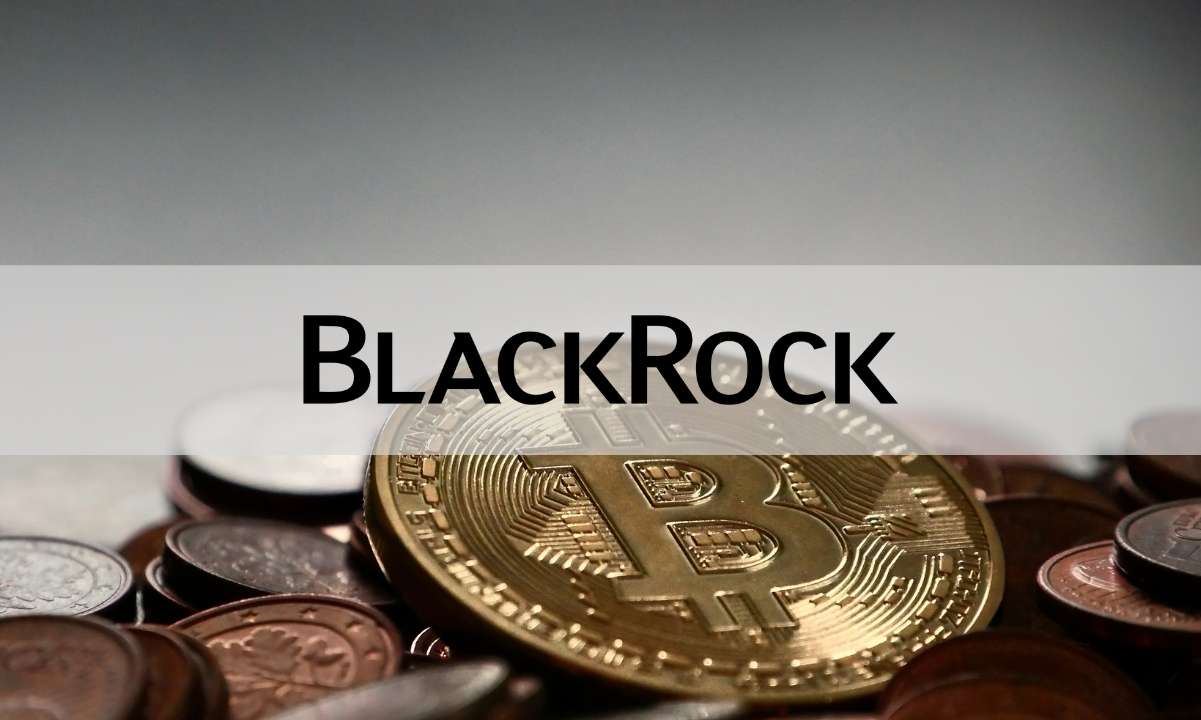Could the world’s largest asset manager be the first firm to launch a Bitcoin spot ETF in the United States?
The $10 trillion asset management giant BlackRock filed with the Securities and Exchange Commission (SEC) to launch a Bitcoin Spot ETF on Thursday – a product yet to see life within the United States.
BlackRock plans to partner with Coinbase to provide custody for the Bitcoin backing the funds, as with its Bitcoin trading service announced last year.
BlackRock’s ETF Bid
As reported by CNBC, the asset manager filed with the SEC to launch the iShares Bitcoin Trust, which would provide easy investor access to Bitcoin from a Wall Street Giant.
“The Trust seeks to reflect generally the performance of the price of bitcoin,” reads the filing. “The assets of the Trust consist primarily of bitcoin held by the Bitcoin Custodian on behalf of the Trust.
The filing added that shares in the trust are meant to constitute a simple means of investing in Bitcoin rather than trading and holding it on a peer-to-peer basis.
Other firms have spent years trying to launch a similar product, but have continuously been denied by the SEC. By contrast, the agency has approved multiple Bitcoin Futures ETFs, which are backed by Bitcoin futures contracts rather than real BTC.
The SEC prefers the futures product because the market for its underlying assets is surveilled by the Chicago Mercantile Exchange (CME), which can help detect market manipulation.
Can BlackRock Succeed?
Grayscale’s spot ETF proposal was rejected last year because it tried to form a surveillance-sharing agreement with the CME Bitcoin Futures market, which the SEC did not consider closely related enough to the spot Bitcoin market.
Grayscale has since sued the SEC, and judges overseeing the case have expressed skepticism over the SEC’s argument.
Blackrock said it would determine the value of the Bitcoin in its trust each day with reference to the CF Benchmarks Index.
The Index tracks the price of Bitcoin across Coinbase, Bitstamp, iBit, Kraken, Gemini, and LMAX Digital, and strives for “resistance to manipulation” while not including “any futures prices in its methodology.”
 Catherine
Catherine





